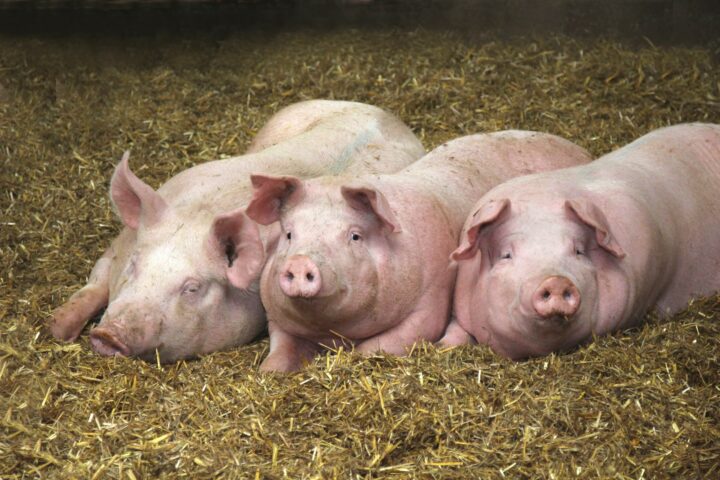
Genetically modified plants contribute to the fight against global warming
The large-scale cultivation of genetically modified crops would counteract global warming. American and German researchers come to this conclusion in a study.
Thursday, March 17, 2022
Agriculture also contributes to climate change. About 25% of global greenhouse gas emissions are attributed to agricultural production, most of them to livestock farming and fertilization. About a third of the climate impact of agriculture is due to changes in land use, for example expanding agricultural land at the expense of biodiversity-rich areas. These often contain large amounts of bound carbon, which is then released, for example, through slash and burn. The continued high demand for agricultural raw materials is driving the expansion of arable land. A reduction of this pressure would therefore have a positive effect on the climate. European agriculture could also contribute to this, as a new study by the University of Bonn and the California breakthrough Institute led by Matin Qaim shows.
The researchers describe that the cultivation of genetically modified crops already available today, such as maize, rape or sugar beet, saved around 33 million tons of CO2 equivalents each year in the EU. This represents 7.5% of agricultural greenhouse gas emissions in the EU. Due to unfavorable conditions, only a few EU countries, such as Spain and Portugal, are currently cultivating genetically modified crops.
The main reason for these potential savings is the higher yields that can be achieved with genetically modified varieties. Experience in other countries has shown that the average increase in yields is 22%, but it can fluctuate strongly depending on the crop and the region of production. In moderate latitudes, as in Europe, yield benefits of 7-10% are realistic. Higher productivity in Europe would reduce dependence on imports, increase agricultural exports, and thus reduce the need for further expansion of global agricultural land. In addition, genetically modified plants also offer direct climate benefits, such as a reduced need for crop protection and tillage, which translates into reduced fuel consumption.
The authors point out that the skepticism about genetically modified plants in Europe has led to restrictive conditions that make cultivation almost impossible. The main reason for this is hypothetical risks that are not documented in the cultivation practices of other countries. As a result, the actual benefits of these plants, such as increases in yields and positive climate effects, cannot be exploited. The scientists are concerned about the EU's intention to significantly increase the land share of organic farming by means of the «Green Deals’, thereby further reducing agricultural production. This does not remedy adverse climate effects, but simply moves them abroad. The researchers call for greater use to be made of the resources available for productive agriculture in Europe. This includes modern breeding methods to increase the performance and productivity of agriculture.
Sources
Related articles

Why consumers accept gene-edited foods on their plates
Acceptance of gene-edited foods increases when their tangible benefits are clear to consumers. Studies show that visible advantages for health, the environment or food security are key to public support.

What’s Really in Your Shopping Basket
Genetic engineering in our shopping basket? Yes – and much more often than we think. Whether it’s pasta, bread or vegetables: many of the everyday products we consume come from mutation breeding, which involves altering the genome and is considered safe. It’s high time to debunk the common myths.

Genomic breeding methods are not given a chance to prove themselves
Modern genomic breeding methods are legally classified as genetic engineering – and are therefore still effectively blocked. Yet we have been eating genetically modified plants for decades, just under the label of “classical mutagenesis.” The new, more precise techniques are regulated more strictly than the old ones, even though they are considered safer from a scientific perspective. A contradiction that urgently needs to be corrected. The EU is setting a good example.

No Pig Business: Why Testicle-Free Boars Are a Clear Win for Animal Welfare
New breeding methods are opening up new possibilities in both plant and animal breeding. They allow targeted genetic changes that can make animals more resilient, adaptable, and healthier.

